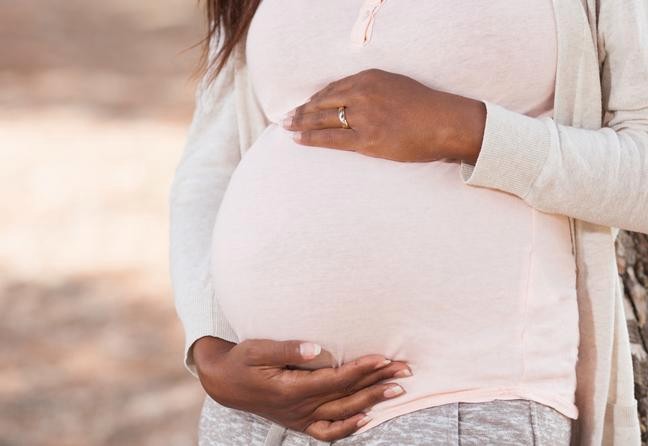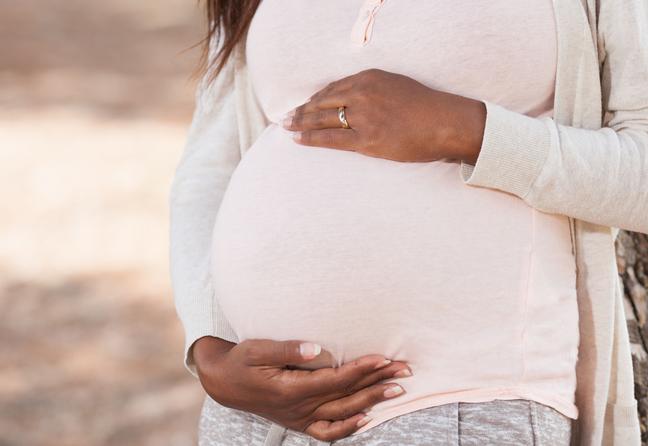Not all women’s bodies are blessed to carry a baby safely. They may appear healthy on the outside, but inside, their bodies are battling conditions that can make pregnancy unsafe for them and their baby.
Though today’s medical technology can make pregnancy safe for almost anyone now, limitations still exist. However, it doesn’t mean that women with health issues shouldn’t try to conceive at all. Instead, they need to take precautions and talk with their doctor before trying for a baby.
So what makes a woman’s pregnancy potentially unsafe?
- Age
We often hear that getting pregnant when you’re older than 35 is risky. This is true, but it’s not inherently dangerous. You can still undergo a healthy pregnancy and deliver healthy babies over the age of 35. It’s just that your pregnancy can be more vulnerable to certain risks.
The risks may begin before you conceive. Your fertility declines as you age, and so does your male partner’s. Artificial insemination doesn’t necessarily fix it either. One study has found that only 54% of women aged 35 and over got pregnant within a year of receiving artificial insemination.
If you get pregnant, whether naturally or through artificial insemination, your unborn baby may face genetic risks. The rate of having a baby with Down’s syndrome accelerates with the mom’s age. It becomes one in 240, while in women aged 25, it’s just one in 1,064. At 40 years old, it can increase to one in 53.
The risks of miscarriage and giving birth to a stillborn baby also grow. The miscarriage risks are due to the declining quality of your egg cells at age 35 and above. It is currently unclear why stillborn rates are higher with first-time moms over 35 years old. To avoid it, pregnant women are often induced when they approach their due date.
If you want to conceive, talk to your doctor first. You can avoid many risks by receiving their guidance. Find out if your family has a history of genetic defects as well. If there’s none, chances are your baby would be born healthy and normal, however old you are.
- Chronic Illness
Having a chronic illness makes your pregnancy more likely to be considered high-risk. In some cases, you may develop a chronic illness while pregnant. Women experiencing hypertension, depression, and urinary tract infection while pregnant are common.
Your fertility rate can be lower than that of a healthy woman. But thankfully, doctors can help change this. A healthy diet also contributes to improving your fertility rate, even with a chronic illness. But after getting pregnant, the challenges are far from over. Receiving regular treatments on top of going through prenatal care can be highly stressful and costly. As such, some women opt for a safe abortion instead of completing their pregnancy. But if you want to keep the baby, it’s still possible for your pregnancy to progress healthily.
Your pregnancy won’t necessarily be more difficult, but you’d need more planning and monitoring to ensure your baby’s health and your own. You can continue with your medications as long as it’s safe for your baby. If a treatment or drug is unsafe, your doctor can make amends. Basically, the key is to be guided by your doctor from the time you plan on getting pregnant to the day of your delivery.
- Rh Incompatibility
Some red blood cells (RBCs) have a protein called the Rh factor. If you don’t have this protein, you are Rh-negative. You are otherwise Rh-positive if your RBCs carry the protein.
Rh incompatibility occurs when you and your partner are not Rh-positive or Rh-negative. If you are Rh-negative and your partner isn’t, your baby may have Rh-positive blood inherited from their father. This isn’t usually a problem if it’s your first pregnancy. That’s because your baby’s blood hasn’t entered your circulatory system yet and recognized it as foreign cells. But when you give birth, you and your baby’s blood will start mixing. Your immune system will recognize the Rh in the baby’s blood as a foreign cell. As a result, they will develop antibodies against it.
If you get pregnant with an Rh-positive baby again, that’s when you may face risks. Since your immune system has already decided that Rh is a foreign cell, your antibodies will start attacking the fetus. This can cause the fetus’ RBCs to swell and rupture, making their blood count low.
Thankfully, there’s a way to preserve the baby’s health. You can get Rh-immune globulin shots during the 28th week of your pregnancy and 72 hours after your delivery. The shots prevent your immune system from creating antibodies against your baby’s Rh.
Since all of these issues have solutions, you shouldn’t be afraid of conceiving if you have any of them. The key is to listen to your doctor and do what’s best for you and your baby.
 Make Your Child’s Visit to the Dentist’s Office Enjoyable
Make Your Child’s Visit to the Dentist’s Office Enjoyable  Mastering Online Masterclasses: Choosing the Right Online Violin Instructors
Mastering Online Masterclasses: Choosing the Right Online Violin Instructors  Empowering Healthcare Professionals: How WT Farley Oxygen Regulators Enhance Patient Care
Empowering Healthcare Professionals: How WT Farley Oxygen Regulators Enhance Patient Care  Elevate Your Collection: Unveiling the Beauty of Custom Wine Cellars in Ottawa
Elevate Your Collection: Unveiling the Beauty of Custom Wine Cellars in Ottawa  Enhancing Your Online Presence with Real Estate SEO Services
Enhancing Your Online Presence with Real Estate SEO Services  The Epitome of Luxury: Elevating Spaces with Imperial High-End Kitchen Cabinets
The Epitome of Luxury: Elevating Spaces with Imperial High-End Kitchen Cabinets  Pokémon go accounts- Exploring the reasons behind player demand
Pokémon go accounts- Exploring the reasons behind player demand  Pokemon go shortcut to greatness – Buy now
Pokemon go shortcut to greatness – Buy now  Online slot games for classic fruit machine lovers
Online slot games for classic fruit machine lovers 





